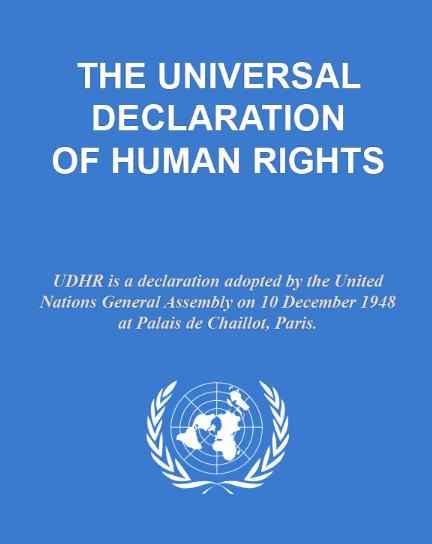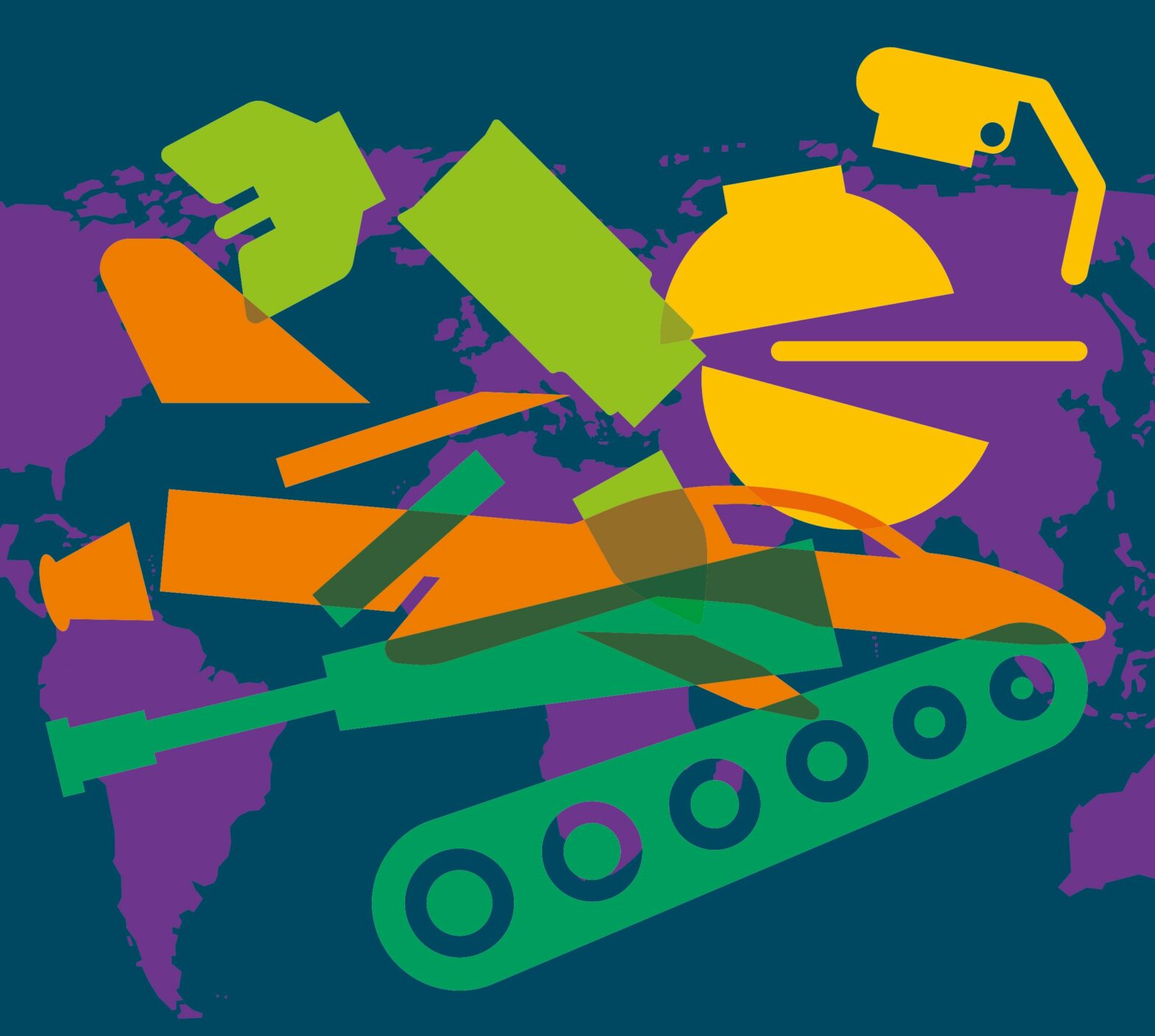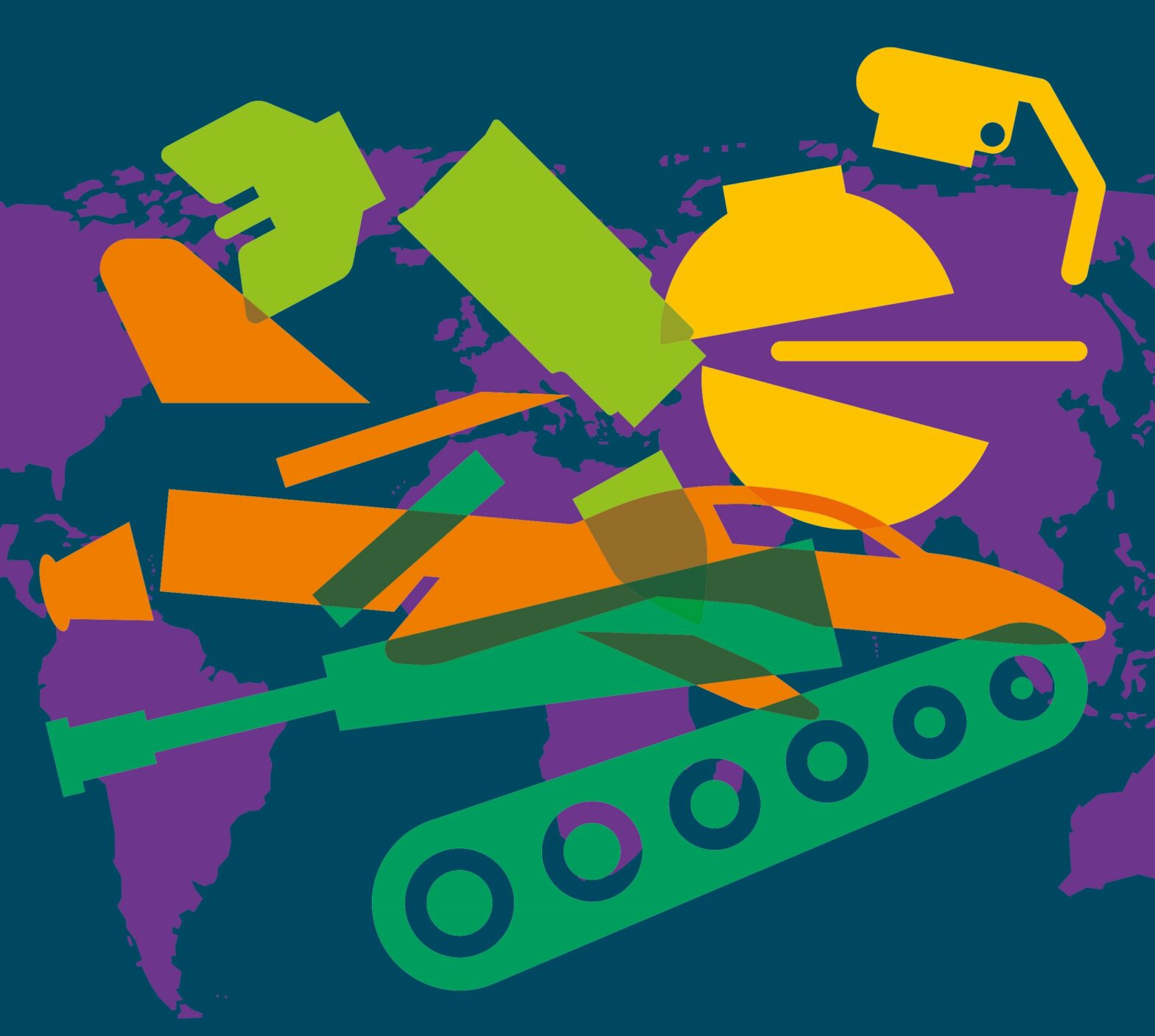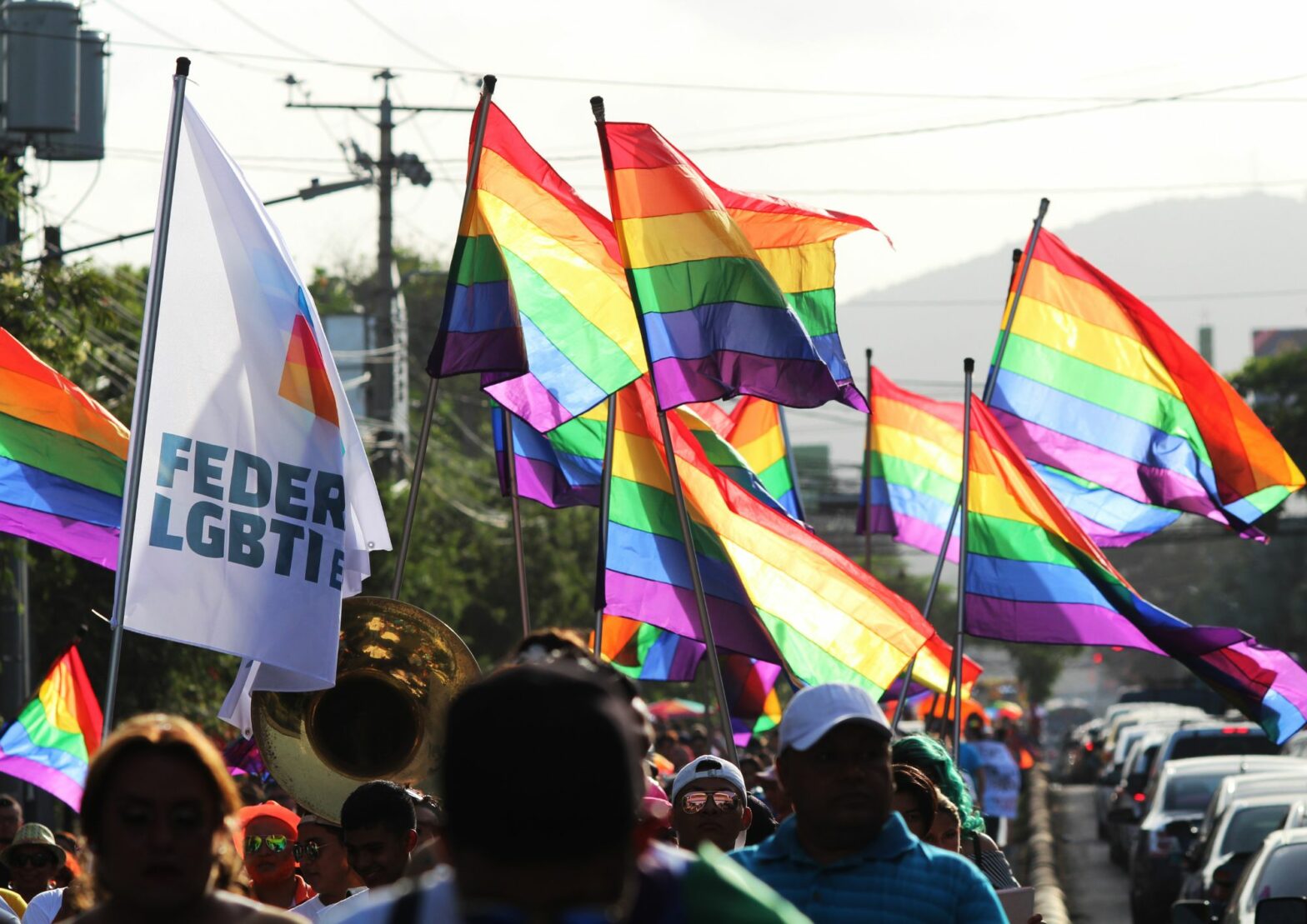Share Twitter Facebook Email Copy URL
This article is part of our series dedicated to the 75th anniversary of the Universal Declaration of Human Rights.
One year from today marks the 75th anniversary of the adoption of the Universal Declaration of Human Rights (UDHR) by the United Nations General Assembly. For us as a progressive foundation based at the site of the Human Rights Council in Geneva, this is a good time to reflect on human rights as such and the Declaration of Human Rights in particular.
First of all: human rights are political through and through and should be the subject of debate and argument. But they should also set the framework and tone for our most important political debates. The human rights set out in the Declaration of Human Rights are an important threshold at which we can examine the justifications we invoke. And this is not only to protect ourselves from state power, but also to explore how that power can be used to protect and support the interests of people living within the borders of a given state. And here especially to protect the people who need this protection most due to discrimination and exclusion.
Secondly, from this follows for me that a political culture that takes human rights seriously does not call people “illegals” per se and opposes any discrimination based on skin colour, origin, gender, sexual orientation, ideology, class or religion.
My third point is that a political culture that takes human rights seriously does not just rashly proclaim rights without clarifying, naming and questioning the reasons for their value and the responsibilities that go with them. If political parties and governments did more of the latter, our human rights policies and enforcement would be immensely better off. Divisive debates that categorise people into the entitled and the disenfranchised might not be solved, but they could be changed. This is precisely where I see the value of institutions like the Human Rights Council, where work is constantly being done to clarify, elaborate and explain human rights – in the name of enforcing human rights – and where, incidentally, the seats are distributed as follows: African states: 13 seats, Asia-Pacific states: 13 seats, Latin American and Caribbean states: 8 seats, Western European and other states: 7 seats, Eastern European states: 6 seats.
Our debates would shift – and this is my fourth point – to a level where the inherent dignity of the human being and respect for our common humanity – the heart of the human rights vision – is a starting point for our public discussions and is not lost in the noise. It would no longer be about fighting ideological battles, discrediting human rights as moral, liberal or bourgeois. This does not mean ignoring criticism of the Declaration of Human Rights or human rights per se. Already Hannah Arendt’s critical remarks, which she recorded shortly after the adoption of the Declaration of Human Rights in her essay “The rights of man ; what are they?” are more than justified. In it, she noted that the Declaration itself contains a contradiction, as it requires states to protect the “universal” and “inalienable” rights of all human beings, while the modern institution of the state is based on the principle of national and territorial sovereignty. Building on this, she rightly concluded that this paradox can only be resolved by recognising the “right to have rights” as a legal-political precondition for the protection of other human rights. However, I think that discourses such as this should lead to conclusions like the one that the promised “inalienable” human rights can only be guaranteed through the collective right to self-government, rather than to a problematisation of human rights per se.
Equally important to understanding human rights is their genesis, which is also the basis for the adoption of the Declaration of Human Rights, and this is my fifth point. According to one narrative, human rights are deeply rooted in the cultural history of the West, with hybrid origins in many different cultural sources going back to Roman law and even ancient Greece, or at least to the beginnings of Western civilisation, to the age of the American and French revolutions, or to the post-World War II period when the Universal Declaration of Human Rights was drafted.
Yet they played no role in the post-1945 anti-colonial uprisings, which focused on the individual independent of state and nation. From Algeria to Vietnam, the collective right of the oppressed to liberate themselves was invoked. Instead, human rights did not really appear in world politics until the 1970s, when the promises of the liberation movements faded. On the ruins of earlier political utopias, according to Samuel Moyn in his widely acclaimed book “The Last Utopia. Human Rights in History”, human rights acquired their current meaning.

So, like the history of almost all political concepts, human rights reveal themselves as a multi-layered intellectual heritage that can provide guidance in one way or another today. The classical liberal rights – freedom of speech, assembly, property and conscience – are undoubtedly important to the human rights legacy. But social rights – such as political participation, employment and anti-discrimination – are also important.
So what should we do with such tensions and contradictions? We should adopt neither human rights absolutism nor relativism. We should not think that human rights are impervious to historical change or political debate. Nor should we think that they are merely pawns of ideology.
Rather, we should remember, and this is my sixth point, what was made possible by the discussion on human rights and the adoption of the Declaration of Human Rights in 1948: For the first time, the world had a globally agreed document that described all people as free and equal, regardless of gender, colour, creed, religion or other characteristics. Among the 30 rights and freedoms enshrined in the Declaration of Human Rights are the right not to be tortured, the right to freedom of expression, the right to education and the right to seek asylum. The Declaration includes civil and political rights, such as the right to life, liberty and privacy, and economic, social and cultural rights, such as the right to social security, health and adequate housing.
Although the Declaration of Human Rights is not legally binding, the protection of the rights and freedoms enshrined in the Declaration has been incorporated into many national constitutions and national legal frameworks. Not only is it the most translated document in the world, but it also formed the basis for the development of many other legally binding human rights treaties: the International Covenant on Civil and Political Rights, the International Covenant on Economic, Social and Cultural Rights, the International Convention on the Elimination of All Forms of Racial Discrimination, the Convention on the Elimination of All Forms of Discrimination against Women, the Convention against Torture and Other Cruel, Inhuman or Degrading Treatment or Punishment, or the Convention on the Rights of the Child, to name a few.
In addition to standardising universal human rights, the Universal Declaration of Human Rights has achieved one thing above all, and this brings me to my last point: it has given orientation to the civil society struggle for human rights and today serves as a guiding principle and vision not only for human rights organisations, human rights defenders or even human rights courts. Above all, spelling out human rights helps to call injustice by its name, to make human rights violations comparable no matter where they occur, to put a finger on the wound of states that repeatedly violate the rights laid down in the Declaration, and thereby – and this is perhaps the most important point – contributes to international solidarity: human rights-based and universal.
Eva Wuchold is the Programme Director Social Rights of the Rosa-Luxemburg-Stiftung Geneva Office. She has been part of the Rosa Luxemburg Stiftung since 2012.
This post is part of a joint project by RLS NYC and RLS Geneva during 2023 in which our offices will look at the 75th anniversary of the UN Declaration of Human Rights and how it can feed our work for Global Social Rights and Socio-Ecological Transformation.
Read RLS New York’s post “Fighting for Our Rights: The Relationship Between RLS and the Universal Declaration of Human Rights” by the whole New York team.
This article is part of our series dedicated to the 75th anniversary of the Universal Declaration of Human Rights.



